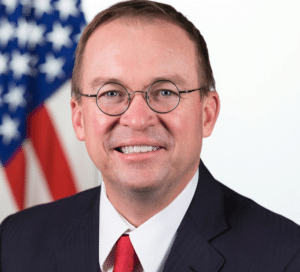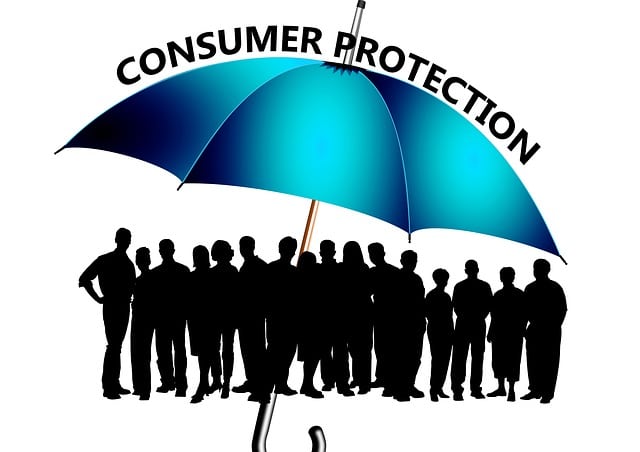Consumer protections need more protection than ever. Specifically, the Consumer Financial Protection Bureau (CFPB) needs your vote of confidence to continue doing work that shields against financial predators and slams them with big fines when they cheat.
If you think it was the right thing to expose Wells Fargo employees’ practice of opening fake accounts in the names of 1.5 million customers in order to bill them fees for services they never authorized, then you would agree the Consumer Financial Protection Bureau did its job.
The CFPB forced Wells Fargo to pay restitution and fines totaling $175 million. The CFPB also went after other big banks including J.P. Morgan Chase for illegal credit card practices, and that brought a $309 million fine.
It has gone after Citibank, debt collectors, payday lenders, mortgage companies and the big credit bureaus like Equifax, Experian and TransUnion that collect our financial data, but often fail to respond to our complaints or inquiries adequately.
If you think the work the CFPB has done is important, you need to speak up now.
The Trump administration is no fan of the bureau that protects “the little guy” Trump claims to represent. Trump appointed Mick Mulvaney, a persistent critic of the CFPB, as its acting leader.

Easing up on payday lenders.
On January 18, the CFPB, under Mulvaney, dropped a lawsuit against four online payday lenders who preyed on working families by making loans with up to 950 percent interest.
These loans are illegal in at least 14 states. All of the lenders are owned by the Habematolel Pomo of Upper Lake Indian Tribe of Upper Lake, California. The lenders claimed only tribal law, not state law, applied to the loans.
But the National Consumer Law Center points out that “in 2014, the Supreme Court made clear that tribes ‘going beyond reservation boundaries’ are subject to any generally applicable state law.’” The loans to the borrowers were not made on the California reservation.”
National Consumer Law Center Associate Director Lauren Saunders said, “It’s outrageous that Acting Consumer Financial Protection Bureau Director Mick Mulvaney, who took more than $62,000 from payday lenders while a member of Congress, is now giving a free pass to lenders that are collecting on illegal loans that charge an obscene 950 percent interest.”
Mulvaney’s disrespect for consumers and their protection continued with his first request for funding for the bureau. Mulvaney asked for zero. In a letter to Janet Yellen, chair of the Federal Reserve, which provides the bureau’s funding, Mulvaney wrote, “This letter is to inform you that for the Second Quarter of Fiscal Year 2018, the Bureau is requesting $0.” He said the bureau had enough in its reserves to operate.
A recent CFPB press release suggested the bureau wants to hear from the financial foxes about how the CFPB is protecting the hens. The release quoted Mulvaney: “In this New Year, and under new leadership, it is natural for the Bureau to critically examine its policies and practices to ensure they align with the Bureau’s statutory mandate. Moving forward, the Bureau will consistently seek out constructive feedback and welcome ideas for improvement. Much can be done to facilitate greater consumer choice and efficient markets, while vigorously enforcing consumer financial law in a way that guarantees due process. I look forward to receiving public comments in response to this call for evidence and encourage all interested parties to participate.”
The subtext sounds like he means better protections for the large and small financial players, which have a history of cheating.
So, let the CFPB know what you think. You can do that here.
You can also contact your U.S. Senators. Phone the United States Capitol switchboard at (202) 224-3121. A switchboard operator will connect you directly with the Senate office you request. And contact your U.S. Representative through the switchboard at (202) 224-3121.



